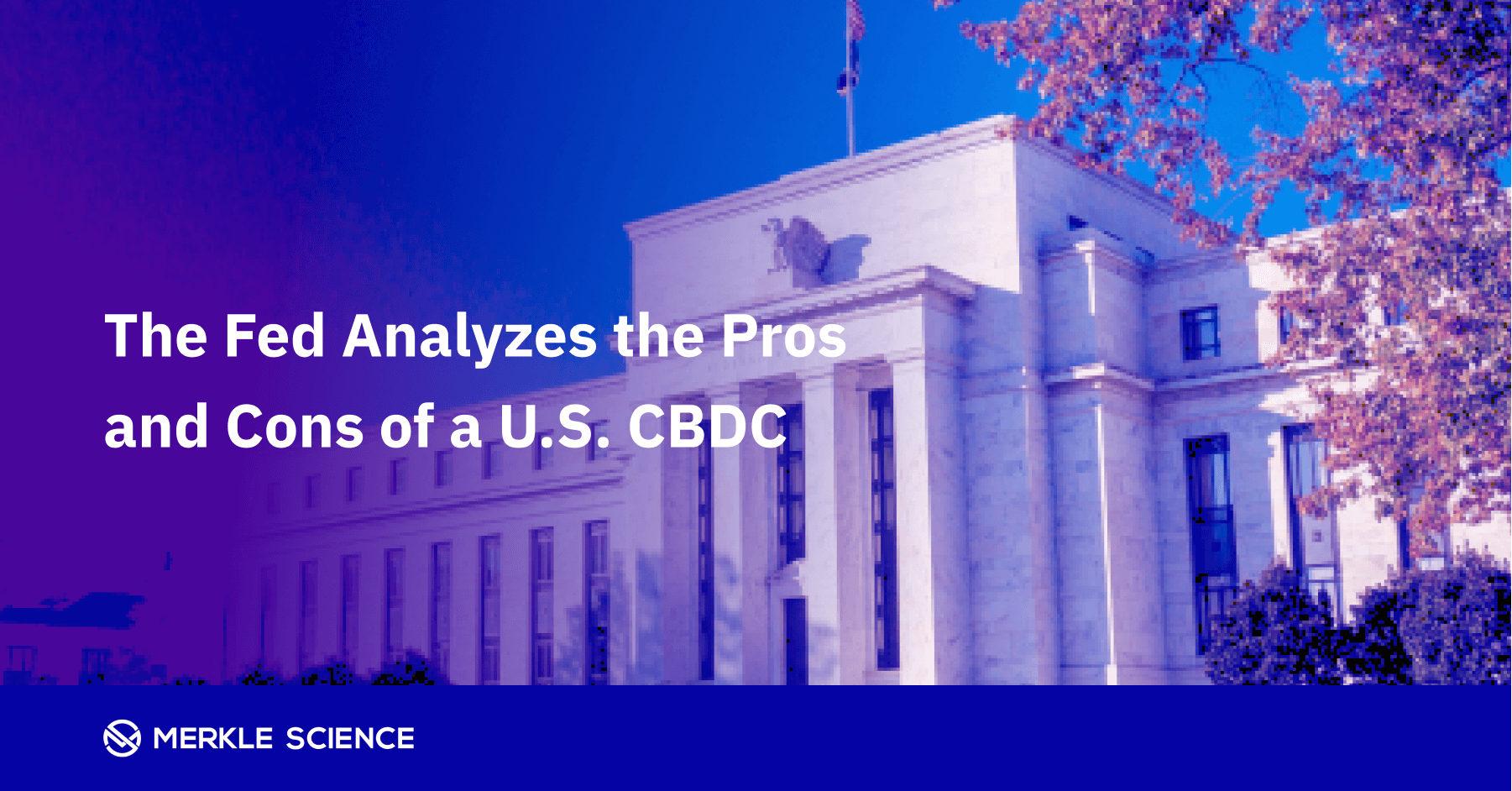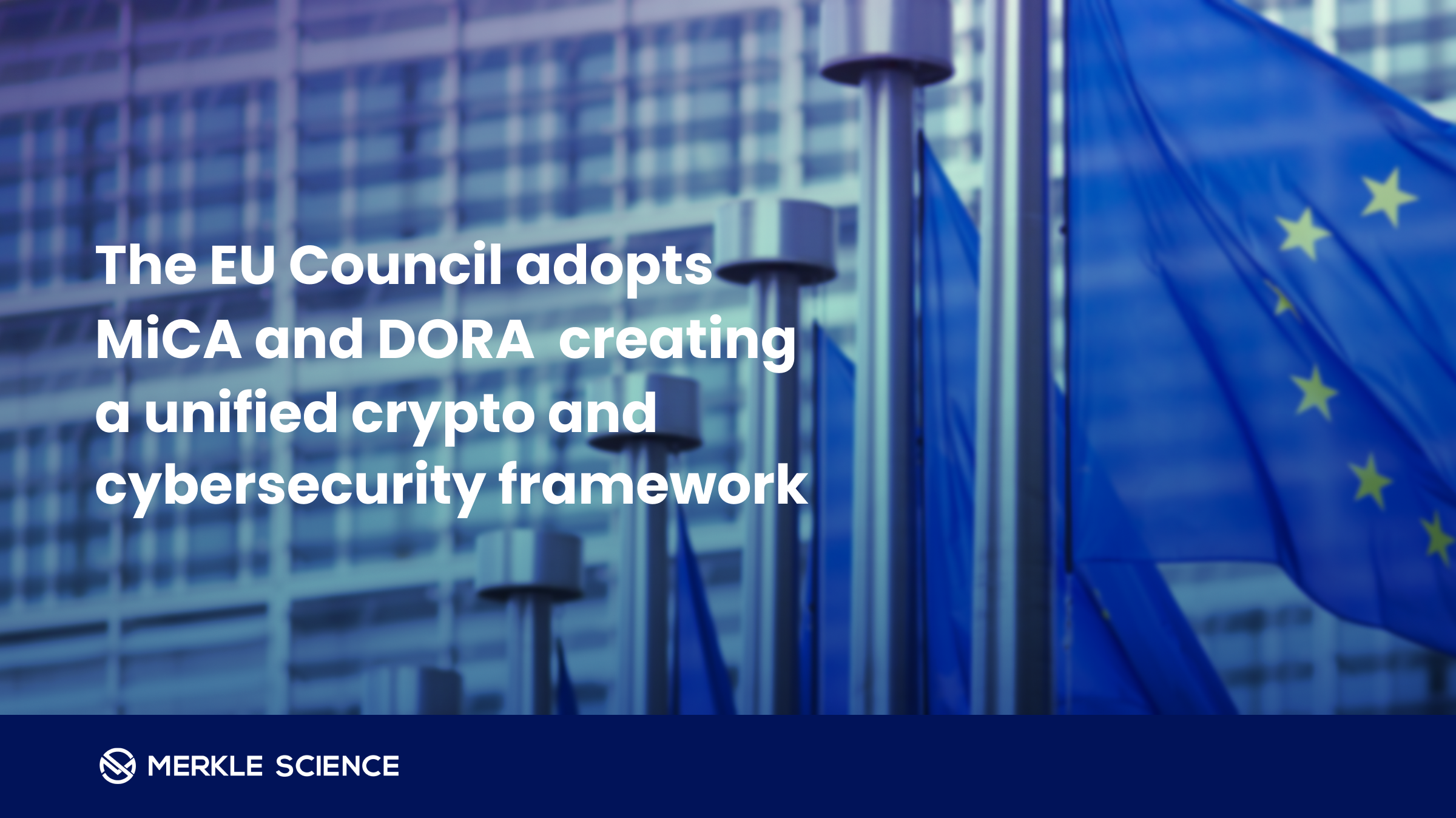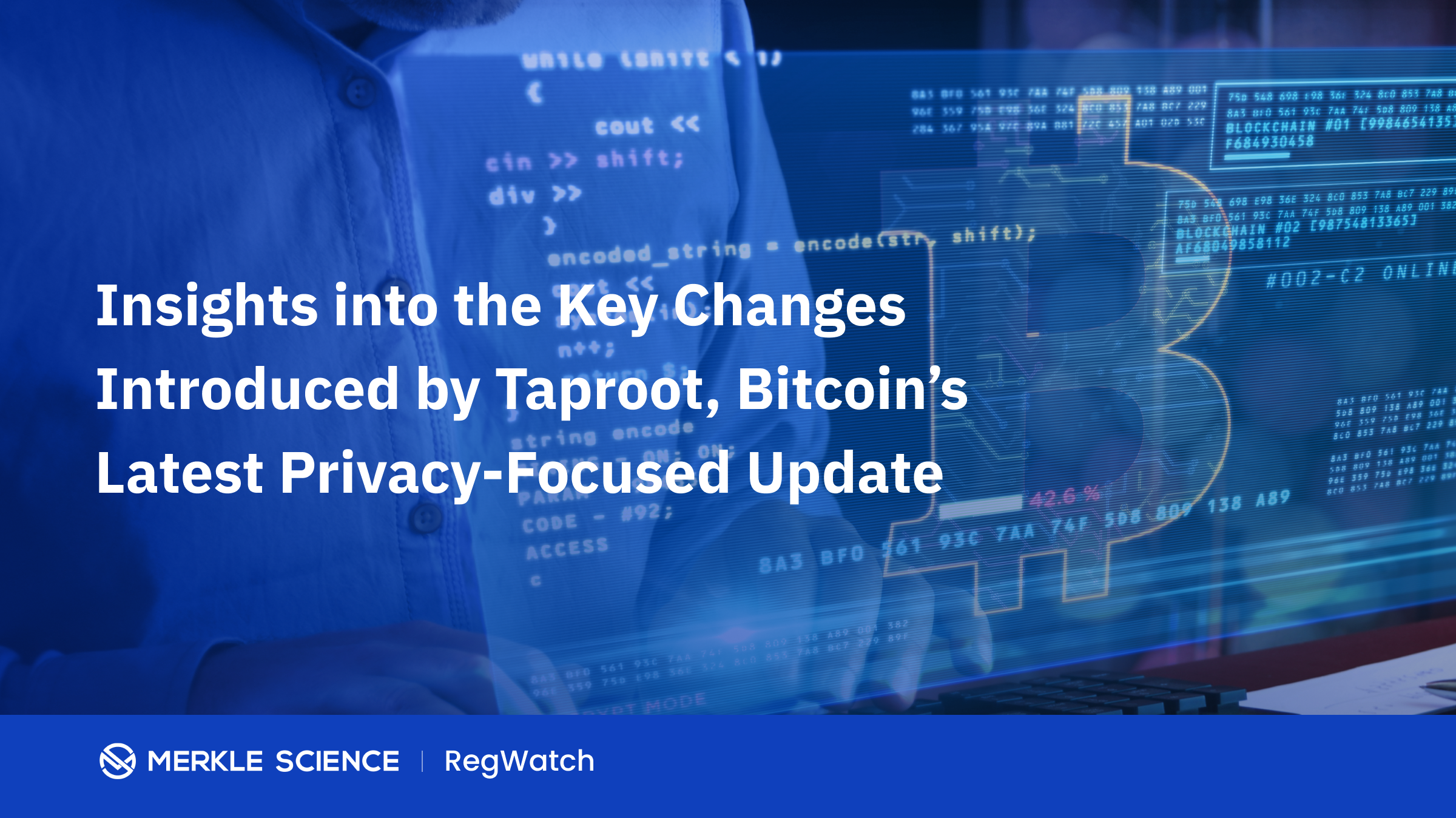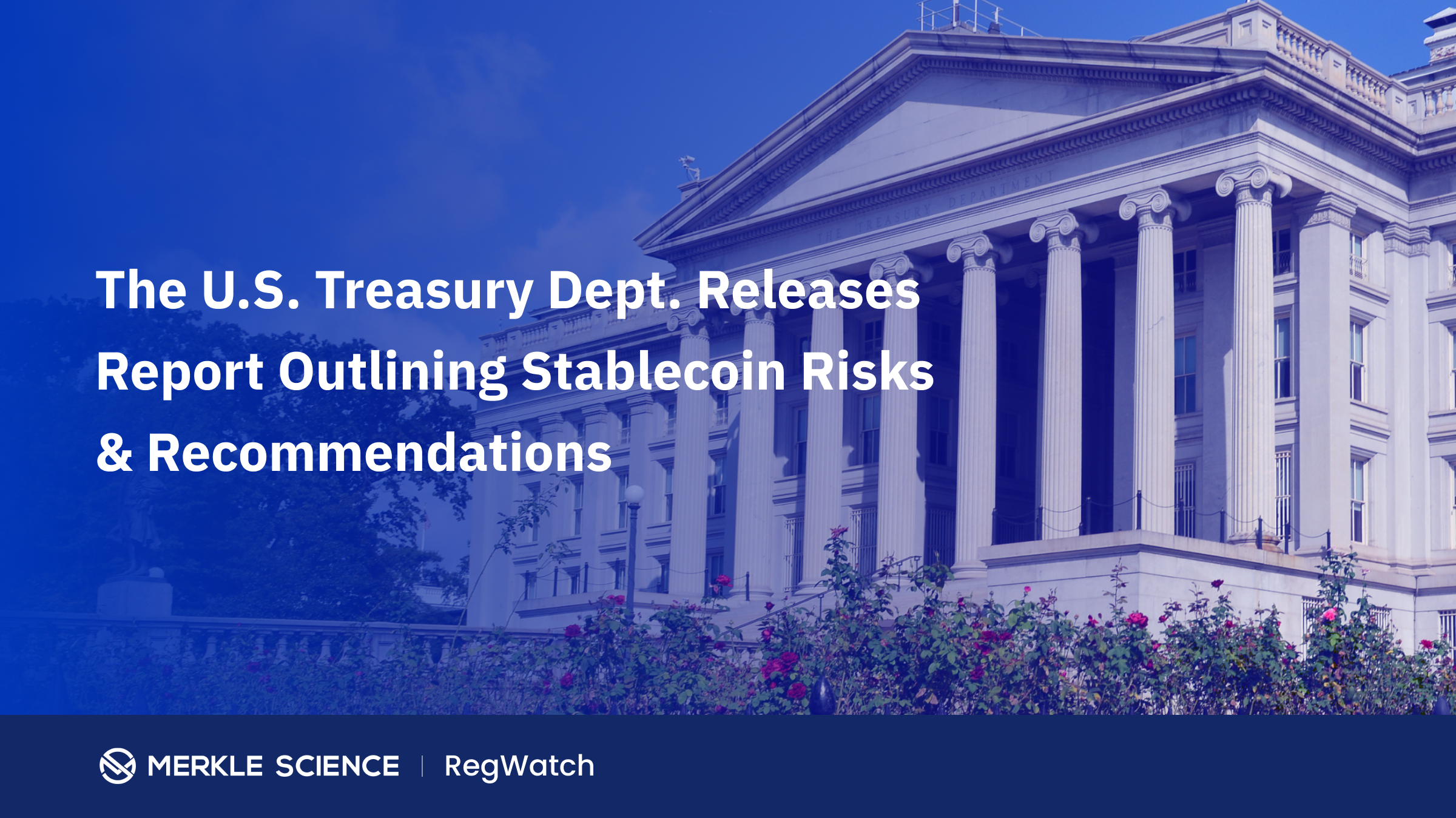U.S., EU, UK, Canada, Japan & Australia Impose Economic Sanctions on Russia
The United States, the European Union, the United Kingdom, Canada, Australia, and Japan have all announced sanctions against Russian financial institutions and oligarchy, while Germany has halted Nord Stream 2, a major Russian gas pipeline project. These sanctions have been issued in response to Russian President Vladimir Putin's decision to deploy additional Russian forces into the Ukrainian territory and recognize the separatist-controlled Donetsk and Luhansk regions in Ukraine as independent states












